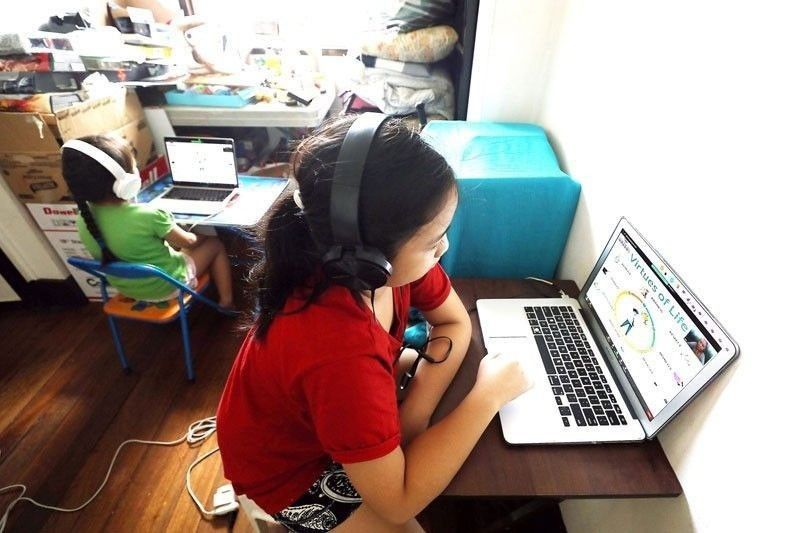Lack of guidance counselors hampers prevention of student suicides

MANILA, Philippines — A shortage of guidance counselors could be hampering the Department of Education’s efforts to protect students’ mental health, stoking the agency’s fears of seeing another high number of student suicides this year.
Data presented by DepEd Assistant Secretary Dexter Galban on Monday showed that 404 students died by suicide in 2021 while 2,147 attempted it — the first time that the agency has released figures on a national scale for the various suicide cases reported by student groups during the COVID-19 pandemic.
“It is our belief that even one suicide case is too much,” Galban told lawmakers at a Senate hearing. “And this is an alarming rate that continues to go up.”
While the numbers are a grim reminder of the urgency for DepEd to implement mental health programs and interventions in schools, Galban said schools face a shortage of guidance counselors to respond to students’ mental health concerns.
“While we do have mental health programs, while we have funding, if we have a limited capacity to onboard additional personnel, the effectiveness of our mental health programs will be affected in a negative way,” Galban added.
Galban said that the transition to face-to-face classes would put “a strain” on students, just as the abrupt pivot to distance learning impacted their mental well-being.
SPECIAL REPORT: Coping in quarantine: Lockdown as a literal anti-anxiety pill to swallow | Coping in quarantine: Lifelines in a society on forced isolation
But "one of the biggest issues” in the state of mental health in schools is the disproportionate number of guidance counselors that can handle the total number of students enrolled, he added.
There are only roughly 2,000 guidance counselors and around 28 million students. This translates to a ratio of about one guidance counselor for every 14,000 students.
“The ideal ratio (globally) is 1:250. We’re stretching it here in the Philippines to 1:500,” Galban said.
DepEd data also showed that more than 775,000 students sought guidance services in 2021 — representing just 2.85% of the total student population.
This, however, is likely underreported due to the shortage of counselors who can respond to students’ requests for support, Galban added.
Low pay hounds guidance counselors
There are simply not enough guidance counselors offering their services to DepEd schools.
Of the more than 5,300 authorized positions for registered guidance counselors at DepEd, only 19% or around 1,000 have been filled, according to data presented by a representative from DepEd’s Bureau of Human Resources and Organizational Development.
Galban said: “The degree requirement (for guidance counselors) is not commensurate to the compensation provided to them, and therefore there are vacant positions for years on end.”
“We require master's degree from guidance counselors but their salary is SG-11. In comparison, entry-level salaries for nurses are SG-15,” Galban added.
Galban was referring to the entry-level salaries given to first-time employees at government (SG-11), making guidance counselors among of the lowest paid in the school system.
In schools without any registered guidance counselor, as an alternative, teachers are assigned to become “guidance teachers” to provide psychosocial support to students despite not having the license to do so.
Republic Act 9258 or the Guidance and Counseling Act of 2004 states that only registered and licensed guidance counselors can provide guidance and counseling services in order to avoid bringing harm to mentally distressed students.
Vice president -– and concurrently education secretary — Sara Duterte said in the DepEd Basic Education Report on January 27 that the agency will lobby for a pay hike for guidance counselors to increase their numbers in schools.
In 2021, as a response to growing concerns for the mental health of students and teachers, DepEd instructed its division offices to promote the mental health helplines of organizations dedicated to providing psychological and psychosocial support services.
---
If you or someone you know needs assistance, contact the National Center for Mental Health Crisis Hotline at +63 917 899 8727 and 7989 8727.
- Latest
- Trending



























